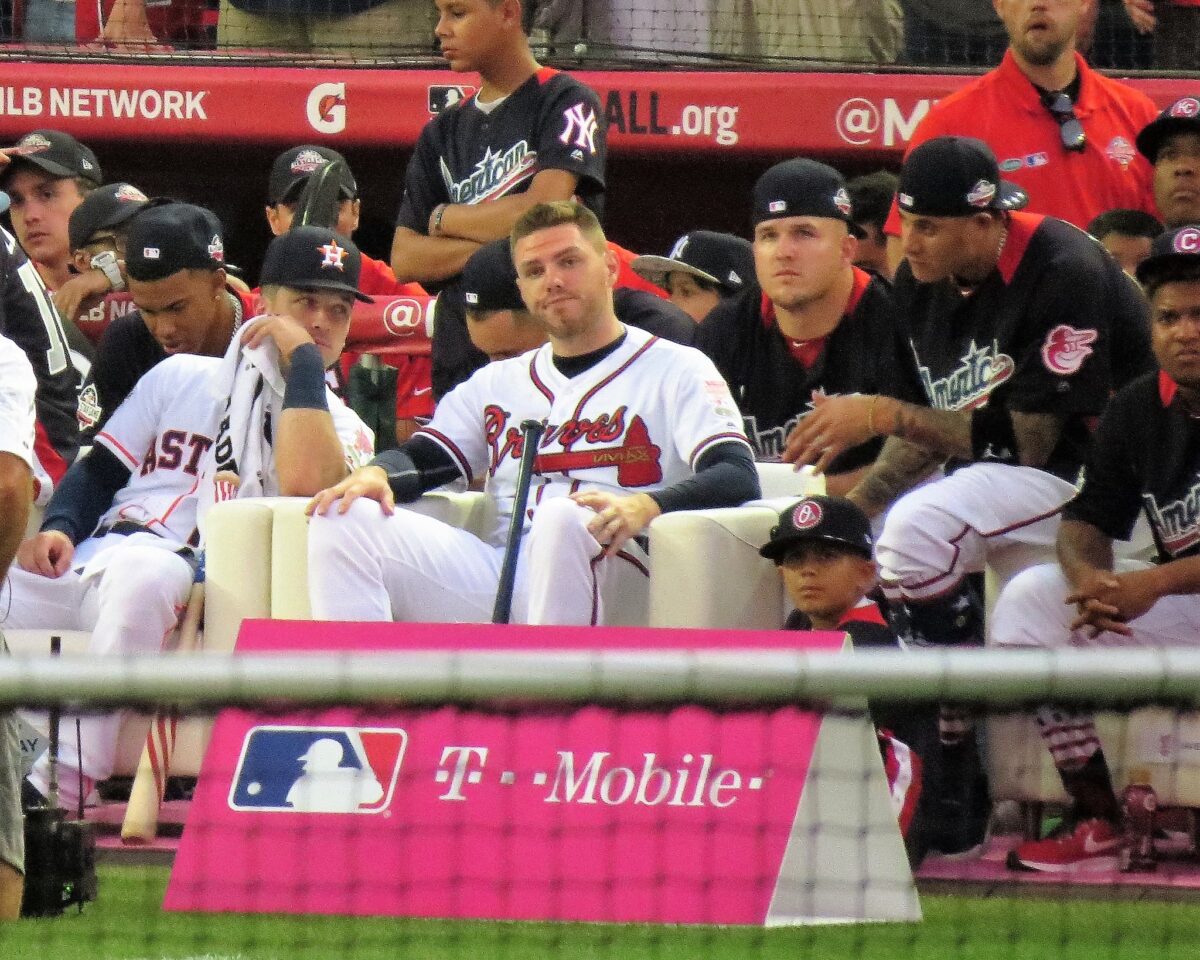Major League Baseball player Freddie Freeman has ended his relationship with baseball agent Casey Close of Excel Sports Management based on Close failing to inform Freeman about a final offer that was presented by the Atlanta Braves, per Doug Gottlieb. According to Gottlieb, this information was not disclosed to Freeman because Close knew that Freeman would have accepted the offer.
Freeman is currently listed as being self-represented and the Major League Baseball Players Association (MLBPA) purportedly sent an email to agents that they should not be contacting Freeman.
What is the fallout from this? It is far too early to tell. However, the MLBPA Regulations Governing Player Agents could give us some guidance.
Section 5 of the MLBPA Regulations deals with the Standards of Conduct for Player Agents. Under Section 5(B), which governs prohibited conduct and grounds for disciplinary action, is a provision that says no Player Agent shall engage in conduct involving dishonesty, fraud, deceit, misrepresentation, or other conduct which reflects adversely on his fitness to serve as a Player Agent (See Section 5(B)(15)). Failing to disclose material information to a client would seemingly violate this provision, amongst others in the MLBPA Regulations.
The MLBPA has the right to revoke or suspend the certification of any Player Agent, under Section 4(O) of the MLBPA Regulations, if the Player Agent fails to comply with or engages in conduct in violation of any provision of the Standards of Conduct set forth in Section 5 of the MLBPA Regulations. It could also require that a Player Agent provides restitution to players for damages or losses he has wrongfully caused.
Separately, Section 7 of the MLBPA Regulations provides the right for Players to bring disputes against Player Agents.
It is very possible that this all gets swept under the rug; however, there is also the potential for Freeman and/or the MLBPA to take action. That said, Close has been a Player Agent for decades and has represented the likes of Derek Jeter, Clayton Kershaw, Zack Greinke, Kenny Lofton, and Ryan Howard. It is rare to see someone with that kind of experience suffer severe consequences no matter the allegations that may be floating around.
Update: Excel Sports Management has released a statement on behalf of Close, which says that “Doug Gottlieb tweeted a wholly inaccurate characterization of our negotiations with the Atlanta Braves on behalf of Freddie Freeman. We are immediately evaluating all legal options to address the reckless publication of inaccurate information.” Casey Close added, “I will not stand by as the circumstances surrounding Freddie Freeman’s departure from Atlanta are mischaracterized. Since March, the Braves have fostered a narrative about the negotiations which, stated plainly, is false. Part of that false narrative is the suggestion that I did not communicate a contract offer to the Freemans. To be clear, we communicated every offer that was made, as well as every communication Excel had with the Braves organization throughout the entire process. I have a 30-year reputation in this business for integrity and honesty, and I have always operated with the utmost character. At Excel, we are privileged to represent many exemplary athletes, some of whom have chosen to spend their entire careers with one franchise. We always put the player’s goals and best interests first and will always continue to do so.”
